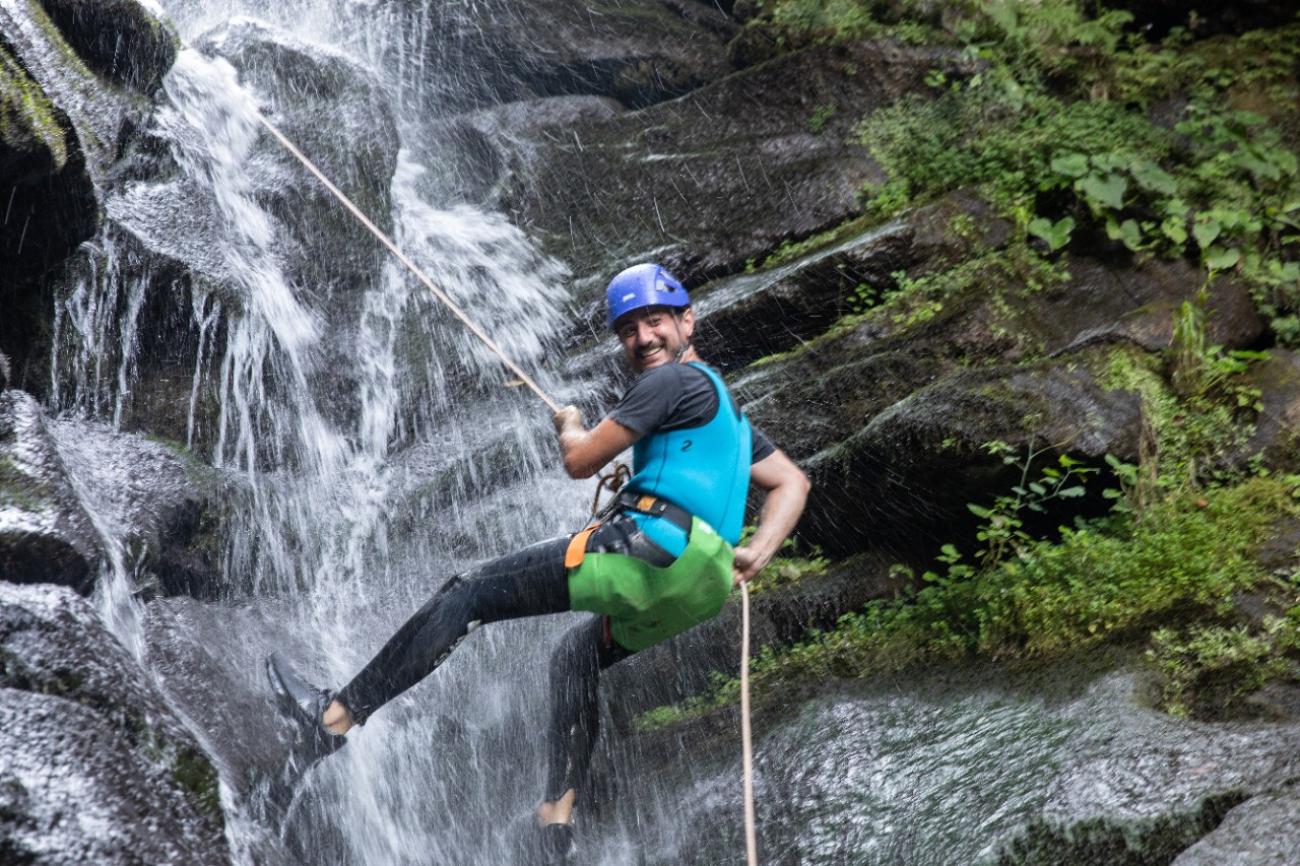Rural equals agricultural’ used to be a commonplace perception in Georgia, where around 40 percent of the population lives in villages and relies on farming for income. But as the country’s emergence from post-Soviet stagnation over the past two decades drove a transition to an open market economy, agricultural rural life largely lost its idyllic flair.
Although agriculture contributes less than eight percent to Georgia’s gross domestic product, the sector still serves as a major source of employment in rural communities. Unfortunately, its low-income levels keep many small and micro farmers in poverty. Until fairly recently, rural life has been defined by experiences of farming families, leaving little space for those striving for different walks of life.
In 2017, Georgia kicked off a fundamental reform effort to diversify rural economies, reduce poverty and make rural areas a better place for entrepreneurship, employment, education, health care, technology and climate action. The European Union (EU) and the United Nations Development Programme (UNDP) have been supporting this transformation by helping the country create policy frameworks and by assisting local projects initiated by rural residents.
In 2020 and 2021, over 80 rural entrepreneurs joined a GEL9 million (almost US$3 million) grant programme to boost rural entrepreneurship, promote non-agricultural livelihoods and help overcome the economic impacts of the COVID-19 pandemic. The grant programme was initiated by the EU and UNDP and ran in partnership with the Rural Development Agency of Georgia’s Ministry of Environmental Protection and Agriculture. Regional and municipal governments also contributed, particularly in the Ajara Autonomous Republic (Ajara AR), where EU and UNDP support inspired dozens of successful local projects.
“The EU is assisting Georgia’s efforts to implement an ambitious and wide-ranging package of reforms to build villages of the future, where people can enjoy diverse learning, and find employment and business opportunities,” says EU Ambassador Carl Hartzell.
“We are helping rural communities open up new opportunities – higher productivity ventures, and diversify away from relying only on agriculture. It’s important Georgia’s development leaves no one behind and includes all communities, not just those in the cities,” says UNDP Georgia Head Nick Beresford.
Read a series of stories "The Villages of Tomorrow":




